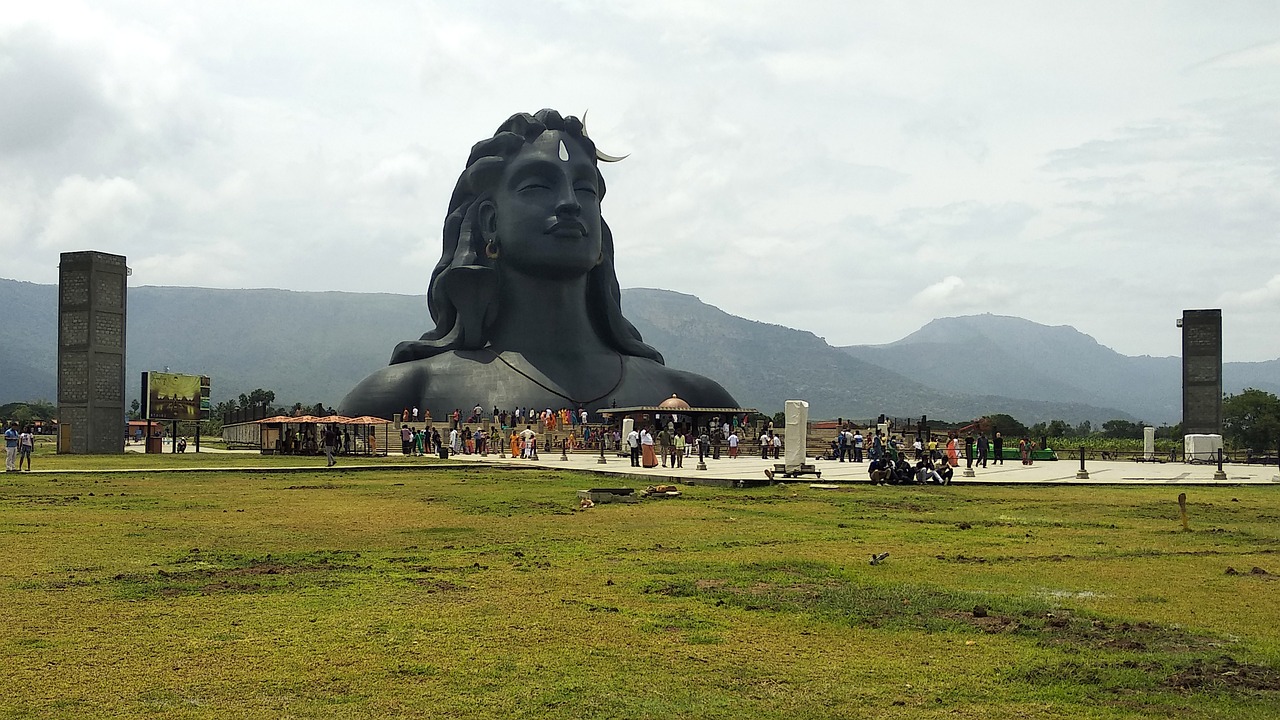Exploring the Influence of LGBTQ+ Rights on Election Outcomes
The struggle for LGBTQ+ rights within the political landscape spans decades, characterized by a history of discrimination, exclusion, and gradual progress. The marginalization of the LGBTQ+ community in politics was pervasive, with discriminatory laws and societal attitudes reinforcing systemic barriers to equality and representation. Despite facing significant obstacles, LGBTQ+ individuals and their allies have mobilized to advocate for legislative change and social acceptance.
The Stonewall uprising in 1969 marked a pivotal moment in the LGBTQ+ rights movement, igniting a wave of activism and resistance against police harassment and discrimination. This event galvanized the community to demand recognition and rights, propelling LGBTQ+ issues onto the political agenda. Subsequent advocacy efforts and grassroots organizing have led to the incremental dismantling of discriminatory policies and the gradual recognition of LGBTQ+ rights as fundamental human rights.
Key Legislative Milestones for LGBTQ+ Rights
The Stonewall Riots of 1969 marked a turning point in the fight for LGBTQ+ rights in the United States. Subsequent to this event, the modern LGBTQ+ rights movement gained momentum, leading to the decriminalization of homosexuality in many states and the eventual legalization of same-sex marriage nationwide in 2015.
One of the key legislative milestones in the journey towards LGBTQ+ equality was the passage of the Employment Non-Discrimination Act (ENDA) in 2007. ENDA aimed to prohibit discrimination in hiring and employment on the basis of sexual orientation or gender identity, but unfortunately, it has not yet been passed at the federal level. Nevertheless, the introduction of ENDA represented a significant step forward in the ongoing struggle for LGBTQ+ rights in the realm of employment and labor practices.
The Impact of LGBTQ+ Rights on Voter Turnout
The advancement of LGBTQ+ rights has played a significant role in shaping voter turnout in recent years. As more laws and policies have been introduced to protect the rights of the LGBTQ+ community, members of this community have felt increasingly empowered to exercise their right to vote. This heightened sense of inclusion and representation has motivated many LGBTQ+ individuals to participate in the democratic process, leading to an increase in voter turnout among this demographic.
Furthermore, the fight for LGBTQ+ rights has mobilized allies and supporters who are committed to advocating for equality and non-discrimination. This collective effort to promote LGBTQ+ rights has not only raised awareness about the issues facing the community but has also inspired individuals from all walks of life to engage in the political process. The solidarity and unity demonstrated in the struggle for LGBTQ+ rights have fostered a sense of shared purpose among voters, driving many to turn out at the polls and make their voices heard.





